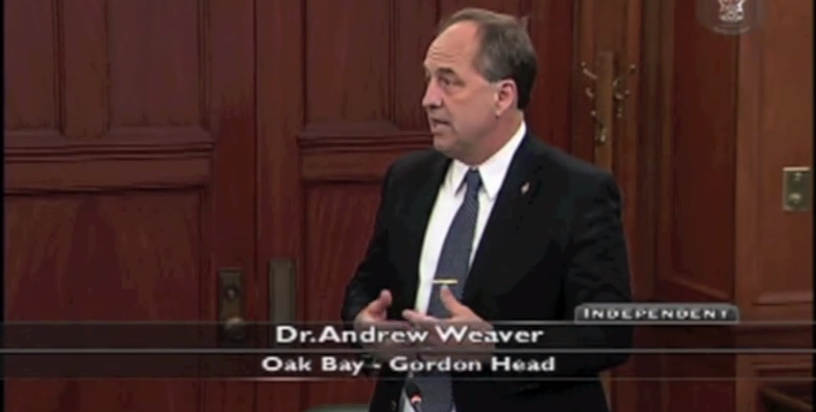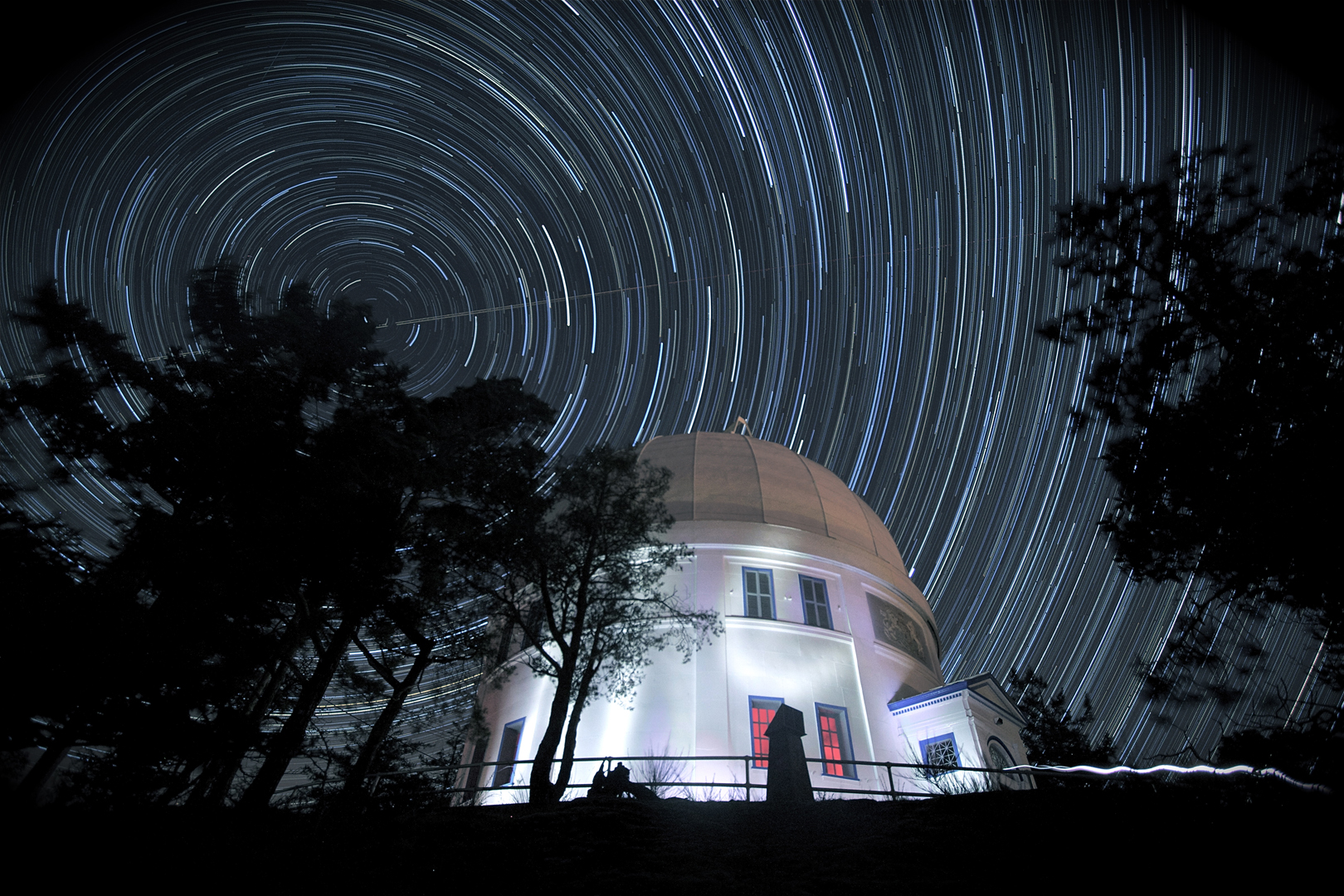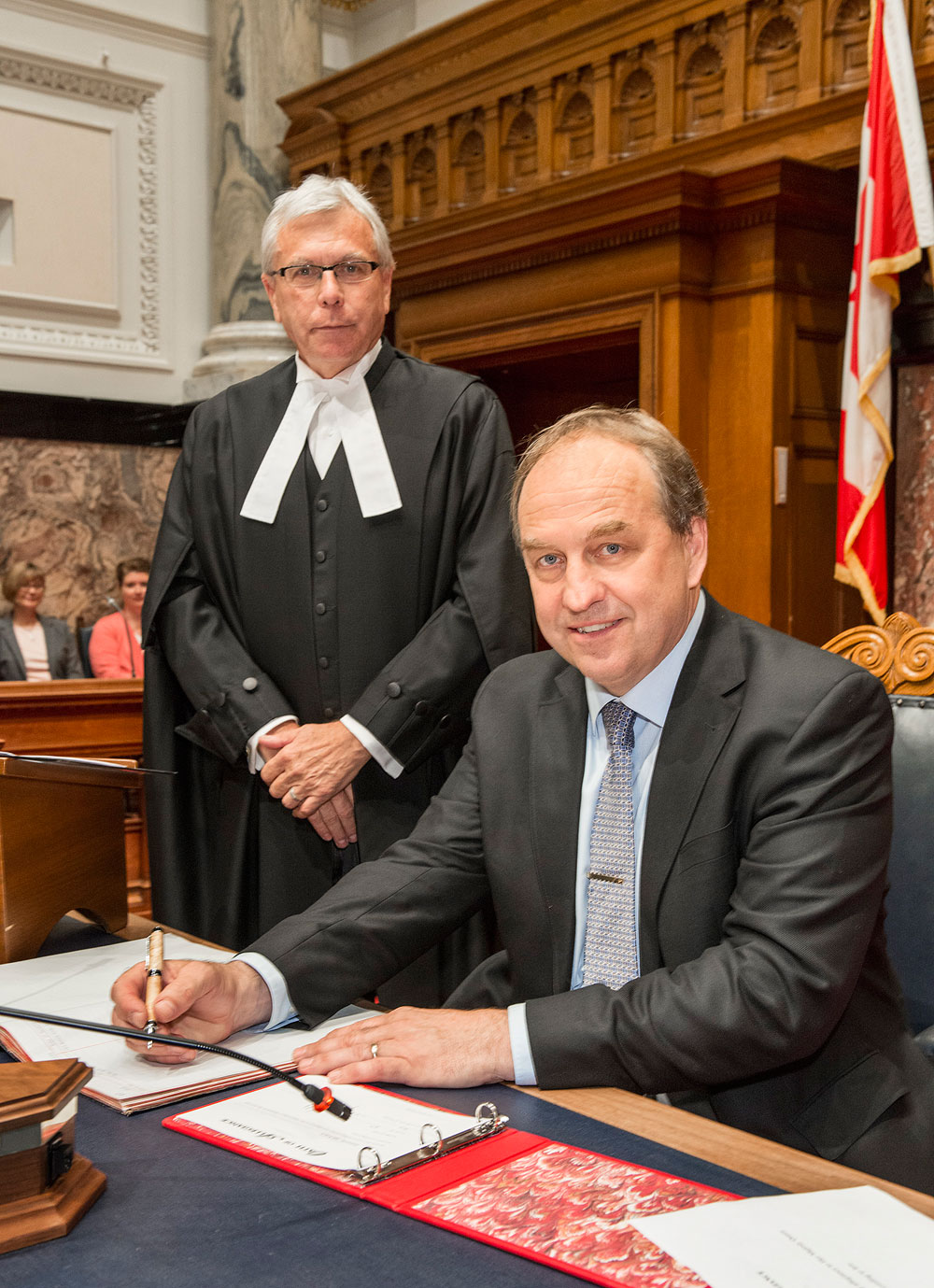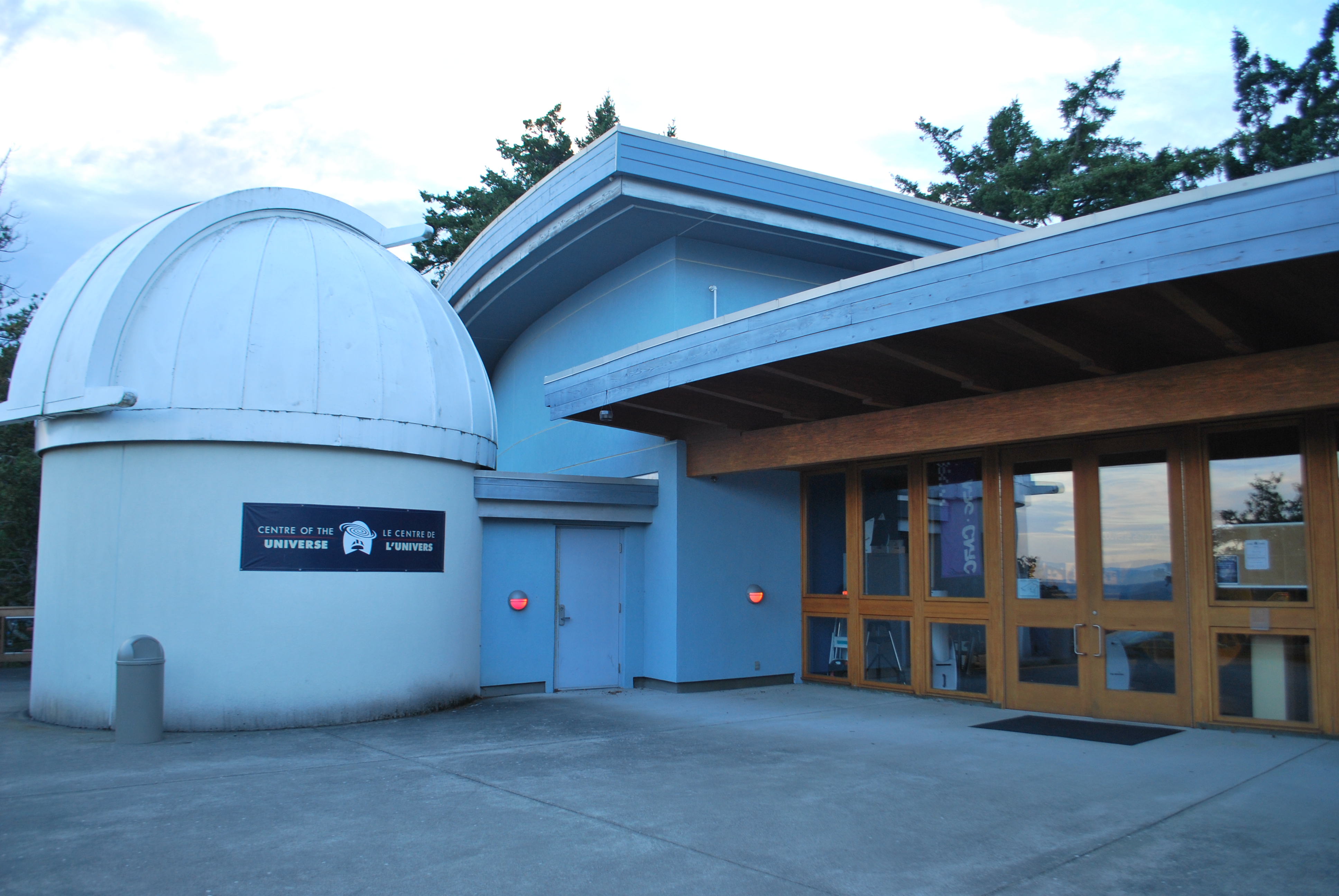Community Blog
Province Flexible on CRD Sewage Project
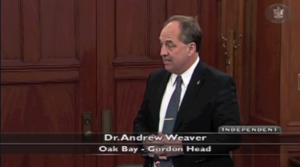 As the residents and taxpayers of the Capital Regional District review the current plans on sewage treatment, more questions arise with fewer answers available. Over the past few months Esquimalt council rejected the View Field site for a proposed bio solids plant, proposals from third parties for potentially suitable treatment sites and alternative project plans have been seemingly rejected out of hand or ignored, while some members of the CRD Liquid Waste Management Committee and CRD Board are saying in the media the current plan must go ahead due to provincially mandated completion deadlines.
As the residents and taxpayers of the Capital Regional District review the current plans on sewage treatment, more questions arise with fewer answers available. Over the past few months Esquimalt council rejected the View Field site for a proposed bio solids plant, proposals from third parties for potentially suitable treatment sites and alternative project plans have been seemingly rejected out of hand or ignored, while some members of the CRD Liquid Waste Management Committee and CRD Board are saying in the media the current plan must go ahead due to provincially mandated completion deadlines.
The fact is, those dates are flexible. During budget estimates in the House this July, Andrew Weaver asked The Minister of the Environment Mary Polak if the CRD would be held to the 2016 completion deadline…
The Minister’s answer should be the ‘open door’ the CRD, and residents, are seeking – an opportunity to take a pause, review the plans and costs, re-engage the community and move forward with a project that meets the values and needs of the region. In addition, The Minister of Community, who will distribute the funding, indicated she is open to extending the timeline. While the province is suggesting the 2020 federal completion deadline is the new date, should the CRD submit a new plan it seems reasonable even that could be pushed back.
In addition to the questions in the House, Andrew Weaver submitted this letter to all CRD directors…
“The recent comments from some members of the Capital Regional District Core Area Liquid Waste Management Committee imply that there is only a single plan for sewage treatment, and the region is constricted by completion deadlines imposed by the both the province and federal governments.
The rejection of the Viewfield site for a bio solids plant by the Mayor and council of the Township of Esquimalt, a decision that was overwhelmingly supported by their community, highlighted the deficiencies in the current plan. Colwood has also given notice that it plans to pull out of the overall sewage plan, and across the CRD residents are asking serious questions about the cost, potential treatment sites, and outcomes of the proposed system.
While it is understandable that the Core Area Wastewater Treatment Program Commission and Management Committee felt obliged to submit requests for proposals for the Mcloughlin Point waste water treatment plant in June of this year, based on existing completion deadlines, new information suggests those dates are flexible.
In answers to questions during the provincial budget estimates, Minister of the Environment Mary Polak opened the door to extending the current 2016 completion date with a formal request from the CRD. This would allow for plans and construction to formally be pushed to the federal deadline of 2020, or potentially even longer if both levels of government were convinced a new proposal offered greater benefits. In addition, Minister of Community, Sport and Cultural Development Coralee Oakes noted that the government is also open to a request from the CRD for extending funding. At present $248 million is not going to be realized until the 2017-18 and 2018-19 fiscal years.
At the very least, a provincial extension of the 2016 deadline would provide an immediate window to address the concerns of residents, business and municipalities, in particular, but not limited to:
1: Conducting an independent review of the current sewage treatment project looking specifically at the environmental and financial outcomes.
2: Reinstating the Technical and Community Advisory Committee (TCAC) to review proposals and to proactively inform and engage the community.
3: Allowing time for a comprehensive search and review of potential treatment plant sites.
4: Providing an opportunity for municipalities, companies and stakeholders to submit alternative proposals.
The door is open to move the formal 2016 completion date. Should the CRD ask the Minister for an extension it would go a long way to restore community confidence in the project.
Andrew Weaver, MLA Oak Bay Gordon Head”
He shoots, he scores for the Mustard Seed Food Bank
 A gorgeous sunny July day in Victoria and enthusiastic participants made the Five Hole for Food event a huge success. Close to 7,000 lbs of food were raised for the Mustard Seed Street Church and Food Bank. Andrew had a chance to connect with the puck and a terrific group of community leaders present. Congratulations to the organizers!
A gorgeous sunny July day in Victoria and enthusiastic participants made the Five Hole for Food event a huge success. Close to 7,000 lbs of food were raised for the Mustard Seed Street Church and Food Bank. Andrew had a chance to connect with the puck and a terrific group of community leaders present. Congratulations to the organizers!
To find out more about this event, click here.
Take Action for Centre of the Universe
In a previous post we highlighted the short-sighted decision by the federal government to cut funding for Centre of the Universe in Saanich.
“This is a hard loss for Greater Victoria, the province and all of Canada. There are few facilities that combine public education with active research, making science accessible and interesting, and providing a valuable resource to schools and teachers.” says Andrew Weaver.
 A cut of $250 000 annually is affecting education, research, public outreach and tourism, and should be reversed. This is an institution that inspires students towards science, helps to create understanding of our complex world, and has the added benefit of attracting tourists to the region. It should be saved, and you can help make a difference.
A cut of $250 000 annually is affecting education, research, public outreach and tourism, and should be reversed. This is an institution that inspires students towards science, helps to create understanding of our complex world, and has the added benefit of attracting tourists to the region. It should be saved, and you can help make a difference.
This cuts across partisan lines, especially here in Greater Victoria – a petition being circulated by Saanich South NDP MLA Lana Popham, the riding where Centre of the Universe is located is one way – 2013-7-18_petition-centre_of_universe, sign and send in. You can also contact Andrew Weaver’s office for how to submit letters, and keep this vital, local institution alive for now, and future generations.
Together, we will make a difference.
It has been a privilege and an honour to serve the constituents of Oak Bay-Gordon Head as their Green Party MLA in the Legislature these past two months. Obviously the transition from scientist to politician involves a steep learning curve but while you can take the scientist out of science, you can never take the science out of a scientist. I am committed to work with the government and the official opposition to ensure decision-making flows from evidence, and not the other way around.
While the learning curve has been steep, the transition has been seamless thanks to the support and guidance of outstanding Legislative Staff (Taylor Hartrick, Evan Pivnick and Mat Wright) and Constituency Office Staff (Judy Fainstein and Huxley Johnson). Our constituency office is now up and running (see www.andrewjweaver.ca) and we are already well-researched on many critical issues facing British Columbians.
During the short time I have been in the Legislature, I have come to realize more fully how individual MLAs that are free to express their views, unhindered by the party whip system, can have a substantial impact on government. In our parliamentary democracy we elect members to speak on behalf of their constituents. Unfortunately, the party whip system is such that this rarely happens. There are many inspiring, insightful and articulate members sitting on both sides of the house. Yet too often partisan politics, manifesting itself most illustratively in what has become a dysfunctional question period, suppresses these individuals from freely speaking their views. Instead the spotlight is given to highly partisan, sound-bite rhetoric.
Together we need to demand better. We have to be willing to challenge our MLAs on how they represent their constituents in the Legislature; we need to hold them to account when party interests are put ahead of the interests of British Columbians.
During the provincial budget debate I have risen numerous times to speak to a diverse array of issues facing British Columbians. I have raised questions concerning the Northern Gateway Pipeline, and the fact that the Federal government is using taxpayers’ money to push forward multi-million dollar investments with the explicit aim of expanding tanker traffic on the BC coast—regardless of the wishes of British Columbians. I have continued to challenge the government’s assertions concerning the economics of Liquefied Natural Gas (LNG), and suggested that instead our economic prosperity lies in the development of the clean tech sector, not in the further expansion of fossil fuels. I have also spoken to the lack of strategic planning around one of our most iconic and important resources: our forests. And I have spoken on education, housing, transportation and infrastructure funding. As you will see from the Hansard transcripts (available online at http://www.leg.bc.ca/hansard/8-8.htm ), my approach to asking questions has been well received by the government who have in turn been respectful in their response and forthright in delivering answers.
There are also a number of issues related to Oak Bay-Gordon Head that I have been giving considerable attention to, including the need for careful oversight and fiscal management of the proposed CRD sewage treatment system, as well as the need to enhance access to adolescent metal health services (through Ledger House, a care facility that is located in the riding). In the upcoming week I will be inquiring about how specifically the government plans to “provide every citizen of British Columbia the opportunity to have a family doctor by 2015.” This is particularly important to the residents of Oak Bay-Gordon Head as, according to the BC College of Physicians and Surgeons, not a single GP in Greater Victoria is accepting new patients.
As a party, we have broken new ground. We are coming to terms with what is possible with an elected representative sitting in the Legislature. However our place within, and our impact upon, the political landscape of BC is still evolving. I am confident that as we move forward we will establish ourselves as the party of small business, families, communities and the environment where common sense solutions to real problems form the basis of our policy platform.
Most British Columbians would probably not describe themselves as politically inclined. But at the same time, many own small businesses, work within our communities and care for their families while expressing a desire to preserve our environment and to assist our fellow citizens. Politics can seem inaccessible and unresponsive to these issues. And this is where I think the Green Party of BC should start. As demonstrated by the successful campaigns we ran in the Greater Victoria region, we can appeal not just to the politically inclined, but also to those who feel unrepresented by today’s political parties. It is no coincidence that the highest voter turnout in the Province at 71% was in my riding of Oak Bay-Gordon Head and the second highest at 70% was in Saanich North and the Islands where my colleague Adam Olsen came within 380 votes of winning (31,602 votes were cast). In Oak Bay-Gordon Head we like to say: “We don’t split the vote. We are the vote”. As we move forward, I hope this slogan takes off in all of our campaigns as we reach out and earn the support of British Columbians across the Province. We need to position ourselves as a party that is principled, honest, and realistic and one that is truly willing to carry our constituents’ voices into the Legislature. I believe that this is the impetus needed to get the silent majority of British Columbians reinvigorated in our democracy and back to the voting booth.
Finally, it is important that we all acknowledge the dedicated work of volunteers across the province that made it possible for a member of the Green Party to be elected. This is not my success. It is your success. Together as we work towards implementing a new way of doing politics in this province I am convinced that we will dramatically grow our party in the years ahead. Thank you to everyone for your support – together we can and will make a difference.
Centre of the Universe Should Remain Open
Centre of the Universe Should Remain Open
The decision by the Federal Government to close the Centre of the Universe, the Dominion Astrophysical Observatory interpretive center, at the end of August, should be reversed. The facility provides important education and public outreach, especially for schools and youth summer camps. We also note the loss of five research scientist positions at the site involved with the National Research Council Herzberg Institute of Astrophysics.
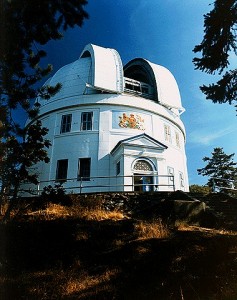 “This is a hard loss for Greater Victoria, the province and all of Canada. There are few facilities that combine public education with active research, making science accessible and interesting, and providing a valuable resource to schools and teachers.” says Andrew Weaver.
“This is a hard loss for Greater Victoria, the province and all of Canada. There are few facilities that combine public education with active research, making science accessible and interesting, and providing a valuable resource to schools and teachers.” says Andrew Weaver.
The cost to maintain the public outreach and education program is estimated at $230 000 annually, compared to the National Research Council operating budget of $900 million.
“This is indicative of the Federal Government putting science funding way down the priority list when all of Canada needs both research, and public science education, to support evidence based policy. The NRC has been refocused to support industry, sidelining pure research and muzzling scientists from speaking. It is a continuation of the Federal government’s agenda against science education and outreach, a slow death of some of our most vital institutions.” says Weaver.
Andrew Weaver is calling on the BC Government, NDP, regional mayors and councilors to call for a reversal of the Centre of the Universe closure decision, and to address their concerns directly to Gary Goodyear, federal minister of state for science and technology.

